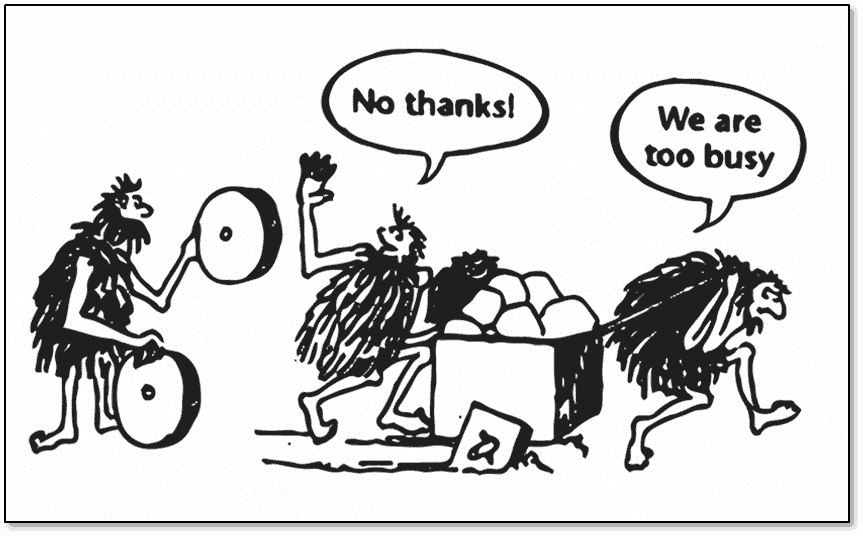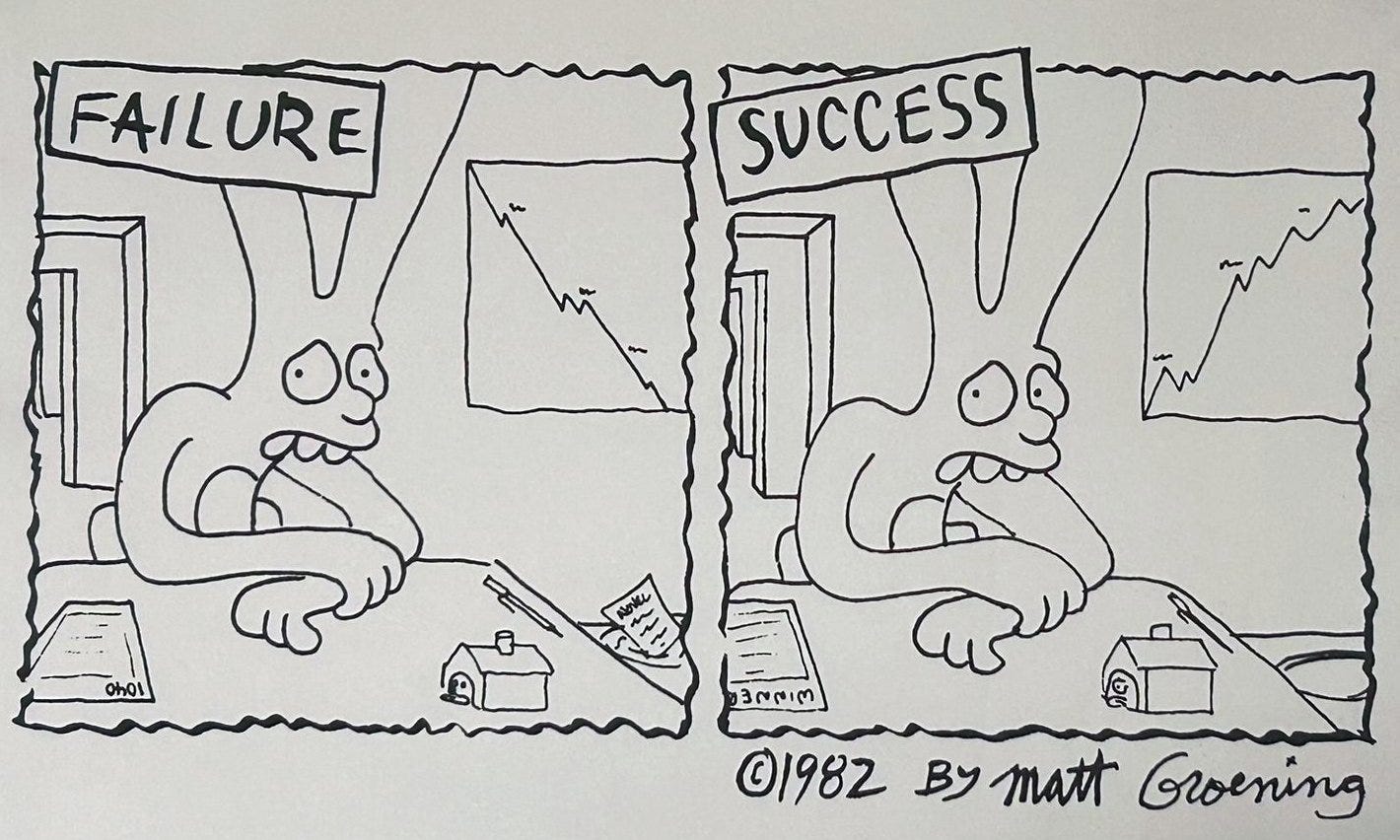Telling a simpler story
What the practice of mindfulness does to anxiety
There is fear of the present, of the future, fear of death, fear of the unknown, fear of not fulfilling, fear of not being loved—there are so many fears, all created by the machinery of thought.
-Jiddu Krishnamurti
The mind is a story telling machine, and our sensations are the raw ingredients of every character and every plot twist. The more complex our story is, the less present we are, and subsequently the more turbulent is our journey through life.
Meditation may help to make our story smaller.
By learning to perceive without judgment, evaluation or comparison, meditative practice can inhibit a central mechanism of anxiety: over-interpretation.
Our narratives form the scaffolding for our interpretations of the worlds inside and around us.
Anxiety tells a story of an unsafe world, or that we are not capable of dealing with it. Our perceptions warp to meet these stories: the distant gaze of a lover signals their dissatisfaction, a loss of breath is an impending panic attack, a twinge in the back is a bulging disc, a missed shot is a sign of our incompetence.
All of these stories begin as simple sensations, and are interpreted according to the beliefs of the experiencer. Mindfulness practices change the structure of our perceptual system; loosening the scaffolding of our beliefs so that new air and light can get in.
The ability to observe without evaluating is the highest form of intelligence.
-Jiddu Krishnamurti
Meditation simplifies our story is several ways. For one, meditation gives rise to insight. Insights are the “Aha!” moments of realisation that occur when we connect the dots between seemingly unrelated events. Without this opportunity for narrative simplification, our story can continue to accumulate fixed points until the whole thing is too much for anyone person to handle.
According to sports science research, our movement and decision making improves when it is intuitive and automatic. By interfering with our first responses and reflexes, the tendency to excessively doubt and control ourselves may be the direct source of our problems. Being in your head or “counterfactual thinking” is likely to reduce with meditation practice, as your attention is increasingly filled with what is immediate.
By redirecting our attention towards what is present, meditation also reduces the temporality of our experiences. Whilst our “self” exists in time, our sensations are immediate; leading experienced meditators to an experience of having “no self” or a “boundless self”. This reduction in temporality is especially relevant in anxiety, because anxiety generally overvalues the predicted future bodily state over the present moment state1.
Isn't it an avoidance, not being able to face the fact, and therefore moving to something else - to more and more and more?
-Jiddu Krishnamurti, The Ending of Time
There’s a process in parkour that I’ve experienced many times. Your first preparation of a jump seems like you’re nowhere near, but after ten minutes of practice, your perception changes and you’re ready to try. It’s these sorts of moments of progression that anxiety steals from us.
When the uncertainty of an experience is too much, it is perfectly natural to avoid it; to move away from what is hard to bare. However, there are many different ways of avoiding, and some of them are more sneaky than others. Whilst running away is a more obvious kind of avoidance, judgment is a more subtle kind of running away.
Judgment is a means of achieving control over a situation, of reducing uncertainty. The problem with this strategy is the inadvertent strangle-hold it places over ourselves and our surroundings: judgment blocks things from unfolding, from moving forwards.
There is security in the past, but the past is ultimately a story, now mostly devoid of life. In drawing from what is immediate, there is energy and opportunity abundant. Learning to reduce the presence of judgment is learning to be more present; more alive.
As Leonard Cohen said, "the less there was of me, the happier I got."
We're even afraid of the feeling of fear. But that reaction is part of the whole pattern of fear and it's actually something that keeps it going. If I can find some way of relaxing that reaction, the fear cannot support itself. It cannot carry on without my aversion to it, without my wanting to run from it or be afraid of it. We might also put pressure on our fear to be different. It shouldn't be here. I shouldn't have fear. I'm hopeless. I'm such a scaredy cat. I'm so full of fear. And we judge ourselves. These words again, they're not neutral. Judging is like putting the whole fear in a pressure cooker. It's adding to it. It's building the whole thing.
-Rob Burbea, Freedom from Fear and Anxiety
Unfortunately, in the case of chronic anxiety, the weight given to the predicted body state of some future moment often dominates the present moment. - Somatic error hypothesis of anxiety, Sahib S. Khalsa and Justin S. Feinstein




Great content as always Flynn